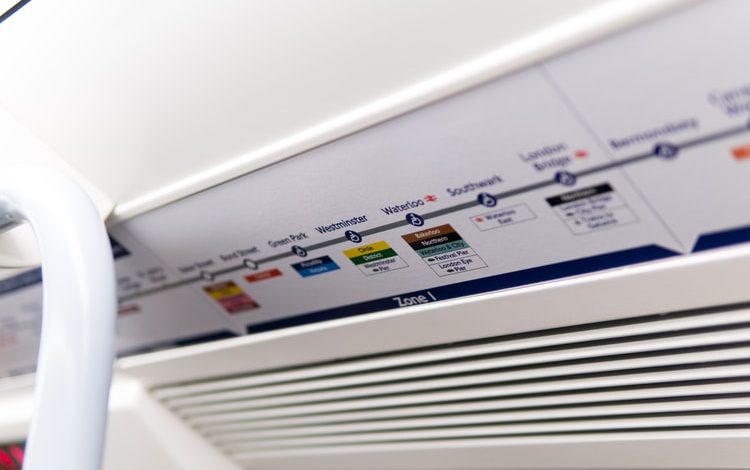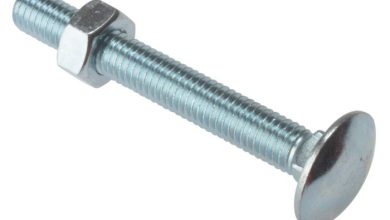Simple Steps To Protect Your HVAC System From Rain

As winter approaches, rough weather can cause major damage to your HVAC system’s performance. Weather change may be pretty unpredictable, and many unforeseen events might impact your HVAC system unit.
A malfunction with your system might waste energy, cause inconvenience, or even cause you to replace your HVAC unit. And, because you rely on your HVAC system to keep you warm during the winters, you’ll want to ensure that heavy rain doesn’t cause your unit to break down.
Tips To Protect Your HVAC System During Rainfall
While your HVAC unit is designed to withstand harsh weather conditions, it wouldn’t hurt to make some extra precautions. The following are some simple steps you can take to protect your HVAC system during the rainy months:
-
Turn Off The HVAC System
In severe weather, your HVAC system may sustain irreparable damage, forcing you to replace the system. You may want to consider turning your HVAC system off using your thermostat and then cutting off the power at the breaker.
This significantly reduces the possibility of any power-related disaster, such as a power outage. An interruption in the power supply may be highly detrimental to your HVAC system. It may not trigger a breakdown straight away but might weaken your system.
You can improve your protection even further by having an HVAC maintenance professional install a protector at your circuit breaker, which will safeguard your HVAC system from all weather-related surges.
-
Cover Your HVAC Unit
The key to remember when covering your HVAC unit is NEVER to wrap it in plastic! Covering the unit will cause moisture to collect in the cover, and trapped condensation may lead to corrosion as a result.
If heavy winds strike, cover your HVAC from debris by concealing it with breathable material, such as tarp, or place a metal or plywood cage around the unit.
-
Place Your HVAC Unit On An Elevated Surface
In case of flood-like conditions, you can take this preventive measure. You can install your HVAC’s outer units on elevated concrete platforms as patio stones keep them safe from floodwaters.
This protective measure not only saves energy but prevents inconvenience, breakdowns, and most of all, extends your HVAC system’s life.
-
Cover The Exposed Wires
Many short-circuiting incidents occur during harsh weather due to wires getting exposed to weather and temperature changes. It is essential to cover and adequately insulate the cables connecting your outside HVAC unit to avoid any problem when it rains.
And, most importantly,
-
Keep The Surroundings Clean
It is critical to maintaining the outside unit’s space clear during heavy winds or rain to avoid any HVAC damage.
Heavy winds and water can cause furniture, tools, toys, or other items to hit or enter your outdoor HVAC unit, causing any damage.
To Conclude
While extreme weather has a significant impact on residents’ daily lives, it can also cause considerable damage to your HVAC system. Therefore, you need to take some preventive steps to ensure that your unit continues to run smoothly.
Do you want to get your HVAC ready for the next rainy season? You may get in touch with companies like Bob’s Climate Control to have all your climate control problems resolved.





